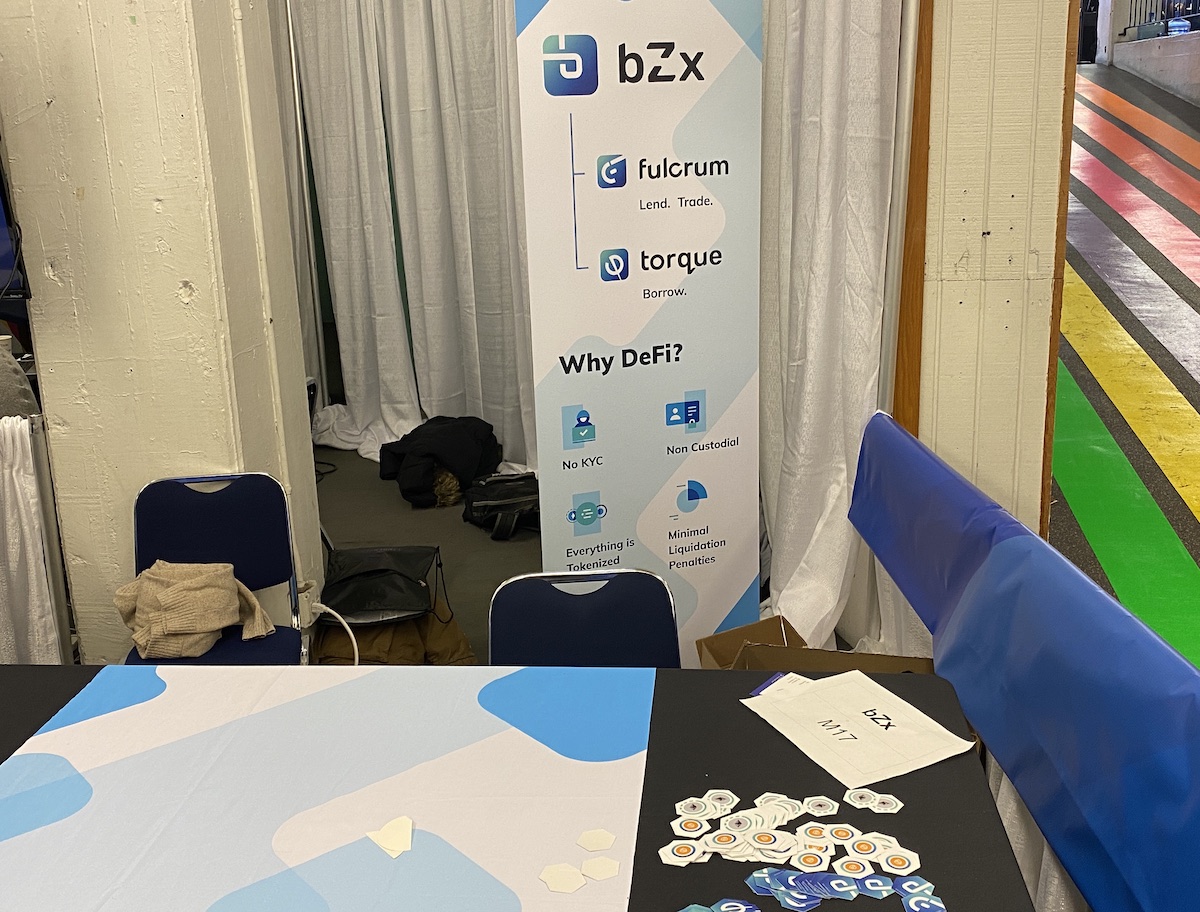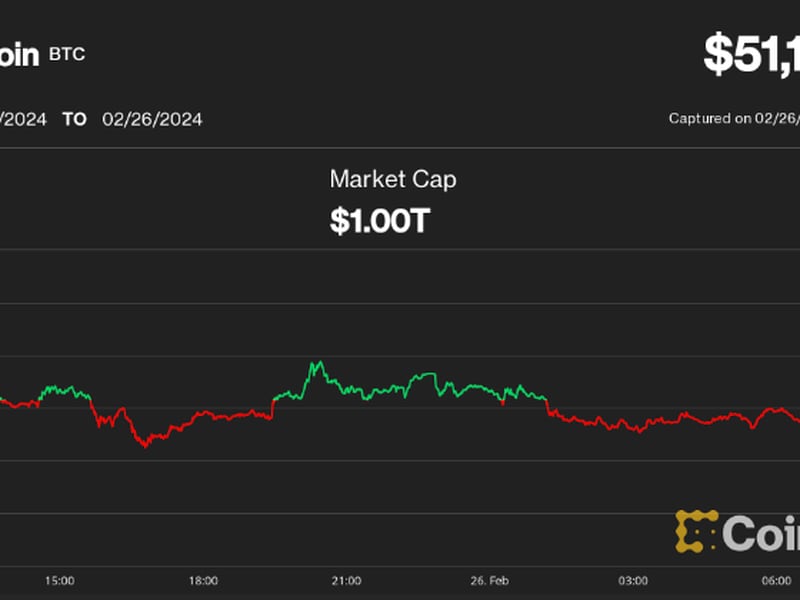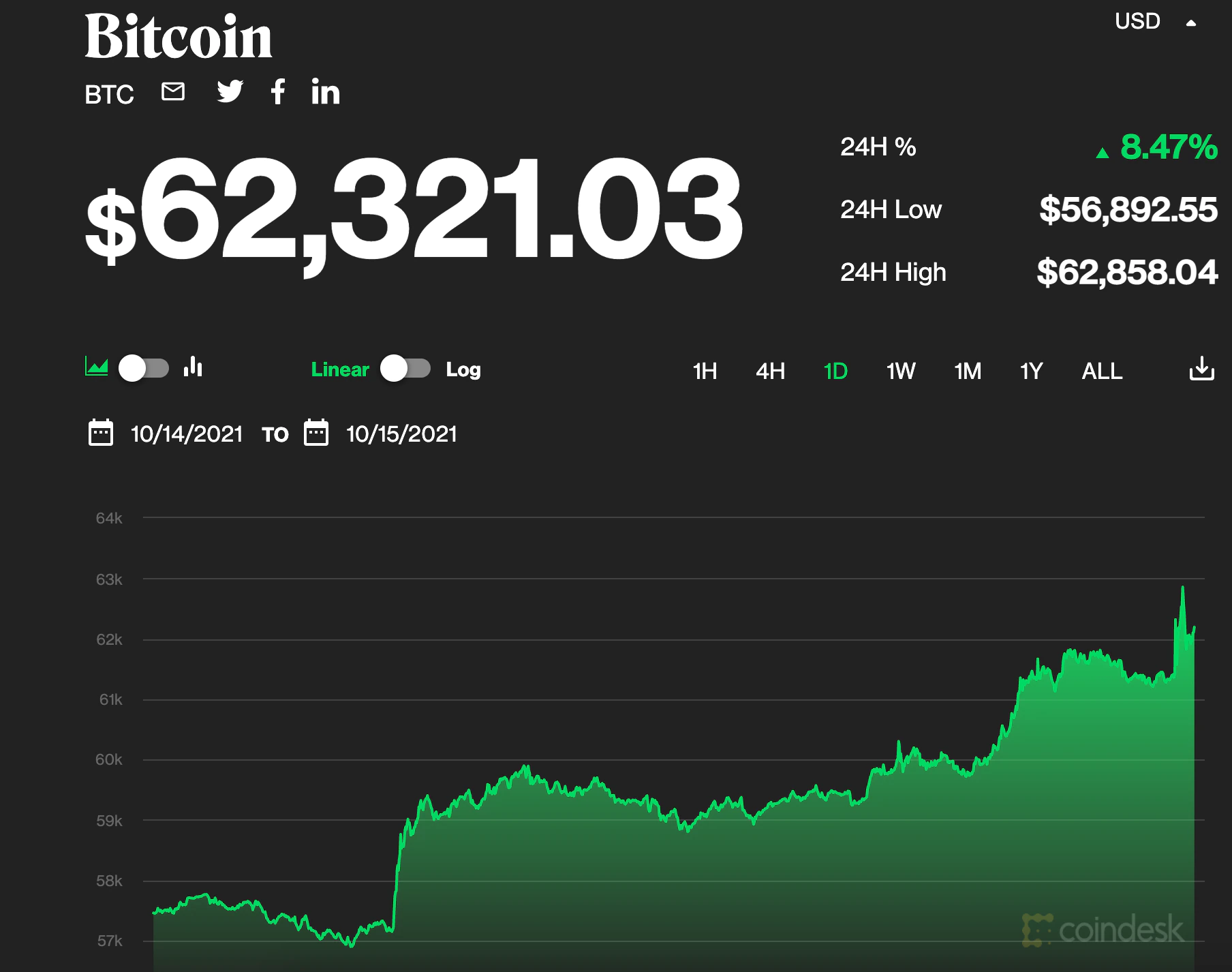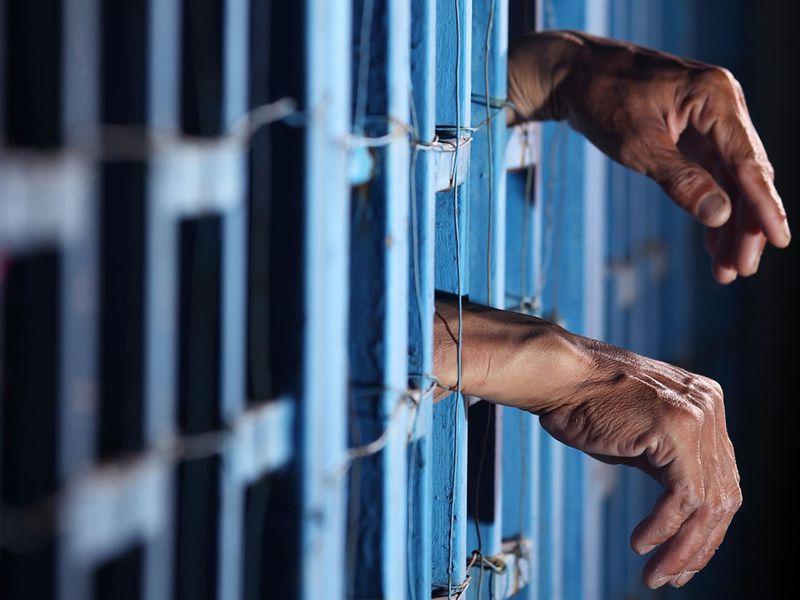Indonesian Crypto Exchanges Must Register With New Bourse or Face Shutdown
/arc-photo-coindesk/arc2-prod/public/LXF2COBSKBCNHNRE3WTK2BZ7GE.png)
-
Indonesia’s government expects all crypto exchanges operating in the country to register with the recently launched national bourse for digital assets.
-
The government expects the bourse to help monitor asset liquidity and record crypto transactions for tax purposes.
-
The country has around six million more registered crypto traders than stock traders, according to official 2023 data.
Indonesia launched the world’s first national bourse for crypto assets this year. Now, the country wants all crypto exchanges to register with the platform to continue operating.
The bourse – called the Commodity Future Exchange (CFX) – is designed to operate similarly to traditional stock exchanges like NASDAQ but with a specific focus on digital assets.
The CFX is the Indonesian government’s response to the high local demand for crypto. In Indonesia, there are more than 18 million registered crypto traders compared to around 12 million stock traders, according to official data from 2023.
While the stated goal of the bourse is to make the crypto ecosystem safer for investors, government plans show the exchange is also expected to help track digital asset transactions for tax purposes.
Getting authorized
Regulations introduced in 2019 by the Indonesian Commodity Futures Trading Supervisory Agency (Bappebti) require all crypto exchanges operating in the country to seek authorization.
All ‘legal’ crypto exchanges operating in Indonesia since 2014 are lumped into one category called “prospective crypto exchanges” because the authorization regime came later. Firms have to go through stringent checks to win recognition as legitimate enterprises linked to the CFX.
The authorization process involves registration with self-regulatory organizations (SRO) like the CFX and later a test by Bappebti to determine a company’s fitness to operate.
A crypto exchange license (PFAK) is only issued if all requirements are met, Robby Bun, chairman of the country’s crypto asset trade association, Aspakrindo, told CoinDesk Indonesia. Aspakrindo acts as a mediator between prospective crypto exchanges in the industry and regulators.
Without completing the new procedures and registrations, prospective crypto exchanges cannot operate in Indonesia.
“There is a deadline for prospective crypto exchanges. If they do not register by the specified time, they will automatically be unable to operate in Indonesia,” Robby said, adding that the deadline is Aug. 17, 2024. If they want to continue operating, crypto exchanges must also obtain licenses, Robby said.
In Indonesia, there are 29 prospective crypto exchanges that will require authorization, Subani, chairman of CFX, said in an interview with CoinDesk Indonesia.
“All transactions within these prospective crypto exchanges are diligently reported and monitored. Our primary objective is to ensure a smooth transition from being a prospective crypto exchange to becoming a fully recognized crypto exchange,” Subani said.
Taxing crypto
Registration with the CFX essentially serves as a gateway for the government to monitor cryptocurrency transactions for tax purposes.
It could be followed by some form of custodian for asset storage and liquidity monitoring, as well as a clearing house for recording transactions for tax compliance, according to the 2019 Bappebti regulations. But those could be a while away.
“Regarding clearing and custodian, there are still challenges in the implementation mechanism,” said Robby.
Besides, all this hinges on Indonesia’s classification of crypto as commodities. An upcoming regulatory overhaul in 2025 will shift the purview of regulation from Bappebti to the country’s Financial Services Authority (OJK). This means crypto could be reclassified as securities.
Although it’s unclear what role the bourse will play when this change comes about, it could mean good news for crypto traders. As commodities, crypto has been subject to Value Added Tax (VAT) and Income Tax (PPh) since May. But if crypto assets are considered securities, taxes might be reduced, according to Robby.
“There’s a chance we could remove VAT and lower income tax rates to be less burdensome for crypto exchanges to pay taxes,” Robby said during a Dec. 13 CoinDesk Indonesia Telegram podcast. “This is to ensure that Indonesia can compete globally.”
Edited by Sandali Handagama.









